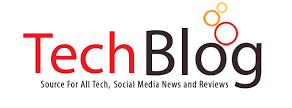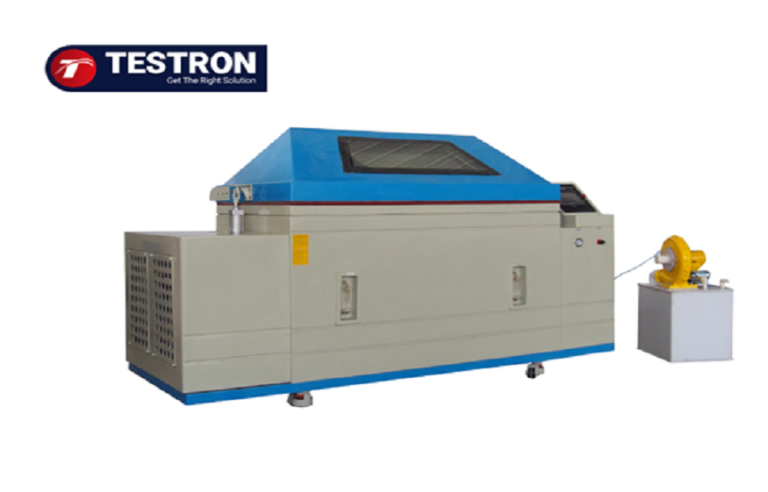The first step in the process of selecting an ERP is to determine if the company…really needs an ERP. If it is facing problems with inconsistencies between its data and its systems, communication problems between its departments, operational inefficiencies and delays, implementing an ERP is certainly a good solution.
The first step is to choose the right type of ERP.
However, ERP solutions are extremely varied. They almost all offer extensive levels of customization. Companies therefore benefit from a great deal of flexibility in the options they have available, but this flexibility and diversity make the purchasing decision all the more difficult.
To simplify this choice, be aware that there are typical profiles that have typical needs. Here are nine that might suit you. You can then dig deeper into the ERPs that are best able to meet your profile.
1. A small business wants the benefits of an ERP, but not the upfront costs
A small company (or a subsidiary) wants to improve its business processes, eliminate the costs associated with inconsistencies between data from several systems and improve its operational efficiency.
The company will advantageously choose a cloud ERP. This option will allow him to replace his systems without having to make new investments in hardware and licenses. The cloud provider manages the hardware and software that the company (or subsidiary) will pay for as a monthly subscription.
2. An industrial company wants an ERP adapted to its specific needs
A company in a highly specialized industrial sector – for example, the food industry – will seek an ERP adapted to its specific business needs and constraints.
The company will therefore choose an ERP specially designed – or even labeled – for its sector of activity. This type of ERP allows the company to save time by avoiding having to customize the ERP to its operational environment. It also provides him with proven “best practices” . This choice of specialized ERP will certainly be the best possible in this context.
3. Large companies want to integrate new subsidiaries and new offices
A large company already has an ERP system on site for its own internal processes. But it will also need a quick way to integrate new offices around the world or newly acquired subsidiaries.
The company will be able to use a “dual” ERP approach (known as “two-tier”) with on the one hand a cloud version of its historical ERP on site – or a SaaS ERP from another supplier compatible with its existing one – and the other its historical ERP. The cloud ERP must be able to be adapted locally (localized) for the different sites and new activities in different countries. These new markets and new offices can start in the cloud, giving the parent company time to integrate them into their on-premises ERP. If the articulation between the cloud and the on-site goes well, it can decide to keep this dual structure. It can also decide to eventually transfer its subsidiaries/offices to its on-site ERP. Or, more radically,
4. The manufacturing industry wants to streamline its operations and costs
A manufacturer needs to integrate its manufacturing processes. The company also wants to get rid of data inconsistencies and licensing costs associated with disparate systems often used by different functions.
This type of business might start with an ERP that specializes in material requirements planning that can solve order tracking issues – starting with order fulfillment and origination. The company can then begin to process these orders, all along the chain of manufacturing, distribution and delivery operations, until the order is sent and payment is made.
5. Customer-oriented companies want a project-oriented solution
A company that carries out projects for its clients logically needs an ERP that can follow all the activities, stages and resources, as well as the costs of each of its projects. This type of system will also make it possible to predict cost overruns or resource shortages.
The best ERP choice for this company will be a solution with true end-to-end visibility into the stages of project completion.
6. Service companies want better coordination and fewer errors
A service company wants to better coordinate its finances, sales and operations. She also wants to reduce errors and operational malfunctions by ensuring that everyone is using the same data.
This profile will opt for a service-oriented ERP that allows you to track commitments and record activities, manage resource consumption (human and other) and control costs when they are generated.
7. Large SMBs want to improve their data analytics
A medium-sized company will often want to optimize its ERP to improve its analyzes and operational efficiency. This type of company may decide to add a Business Intelligence module to its ERP.
It will also want to shorten its financial closing cycles and improve the quality of its accounting. For this, it will want to benefit from advanced financial scenario modeling tools and risk assessment analyses.
This business profile will benefit from turning to an ERP with strong financial management capabilities.
8. A small SME has a CRM but needs more features
A small SME often already has a customer relationship management ( CRM ) system in place for its sales and marketing, but wants to go deeper into accounting functions and operations management.
The company will select an ERP centered on the new functions it wishes to optimize (mainly accounting therefore) taking care that it is compatible with its CRM.














+ There are no comments
Add yours